NHS Tayside has apologised for “upset caused” after it promoted cervical cancer smears without using the word “women”.
The apology comes amid ongoing concerns over the de-sexing of medical language in the NHS that has seen terms such as “chest feeding”, “human milk” and “birthing parents” introduced and “women” being quietly removed from inclusive medical language.
NHS Tayside’s gynaecology team at Ninewells Hospital in Dundee held a pop-up clinic last week offering cervical smear tests to staff members and “members of the public” who were overdue or had never had a smear.
They hailed the event as a great success after carrying out 65 tests.
Language prompts backlash
In a social media posting, gynaecological cancer lead Dr Kalpana Ragupathy said: “We were delighted that the clinic was so popular and that 65 individuals have now had their cervical smear who may not have otherwise come forward for screening.
“We are now looking at options to hold pop-ups in other sites so we can reach even more people who are overdue their smear.”
The failure to mention the tests were aimed at women provoked an angry backlash from women who say failing to make clear they are targeted at females risks the message being missed by its target audience.
After posting news of the pop-up clinic’s success on Twitter and Facebook over the weekend, NHS Tayside first turned off replies before deleting the tweet after a backlash.
Feminist author Milli Hill wrote: “Public health messaging needs clear language. Why have you left out the word ‘women’ @NHSTayside @NHSTaysideCEO?”
Female health experts have repeatedly warned language changes could be dangerous for women by overcomplicating vital health messaging.
On Tuesday, Dr Emma Fletcher – Director of Public Health for NHS Tayside – appeared to apportion blame for using de-sexed language on the Scottish Government and Public Health Scotland by suggesting they were merely following their lead.
‘Never any intention to make women feel excluded’
She said: “The aim of the pop-up smear clinic was to make screening more easily available to women and anyone with a cervix, including vulnerable groups who we know often do not attend for their smear test.
“The language used is reflective of language used in national campaigns by Scottish Government and Public Health Scotland.
“It is meant to be inclusive to reach as many people as possible to encourage them to access cervical screening.
“There was never any intention to make women feel excluded from health services or screening and we apologise for any upset caused.
“We have listened to the feedback and will ensure that future public messaging about the extremely important topic of cervical screening is clear for women and all eligible groups and encourages them to attend for their smear test which could save their life.”
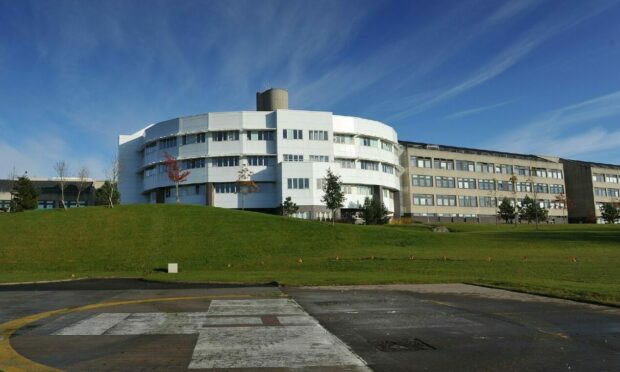
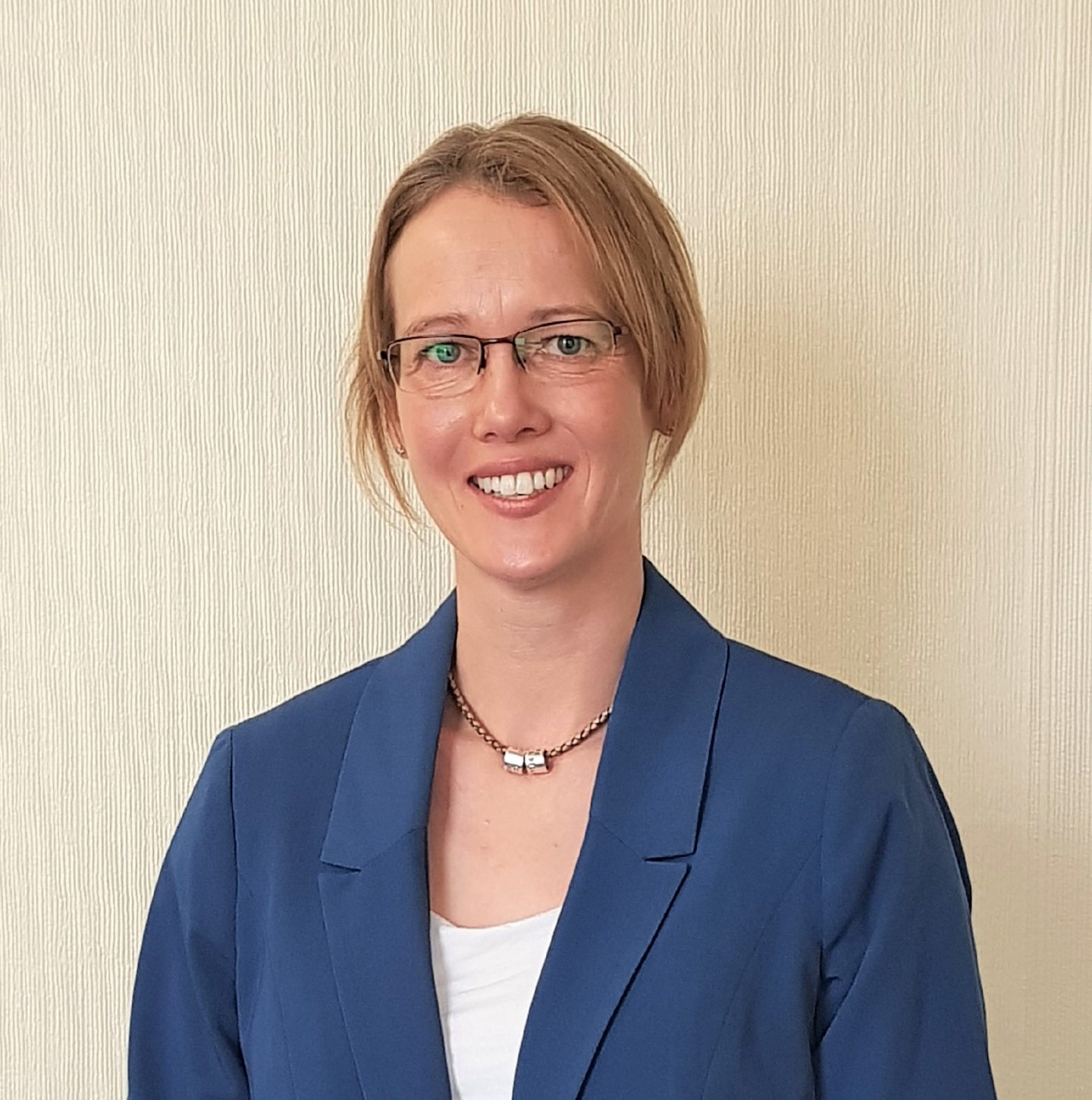

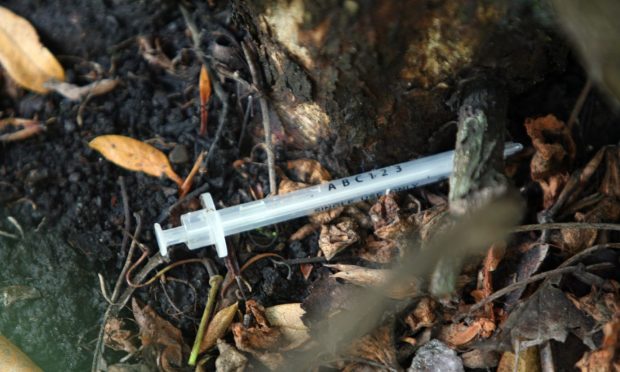
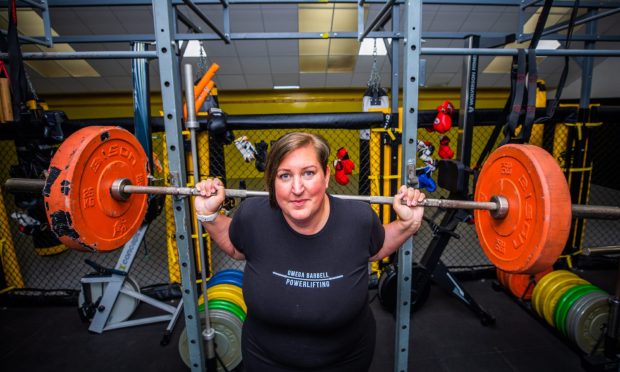
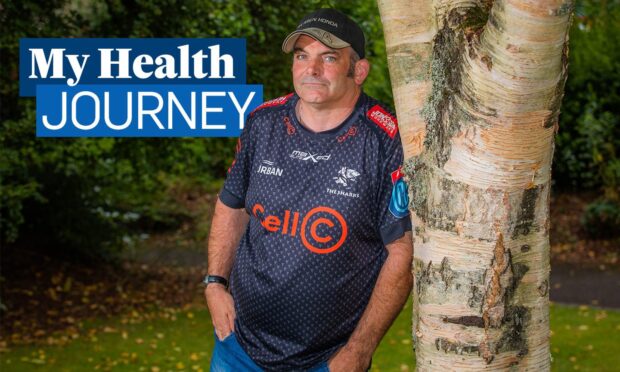
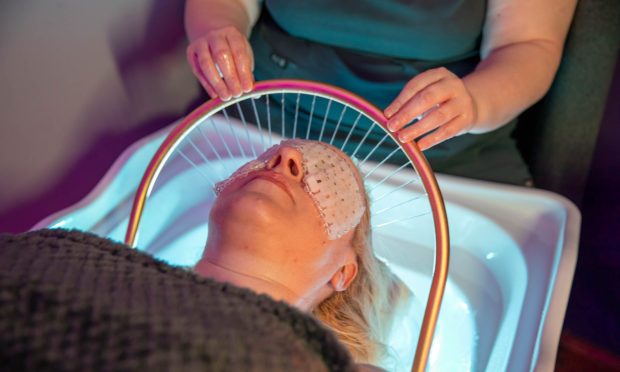

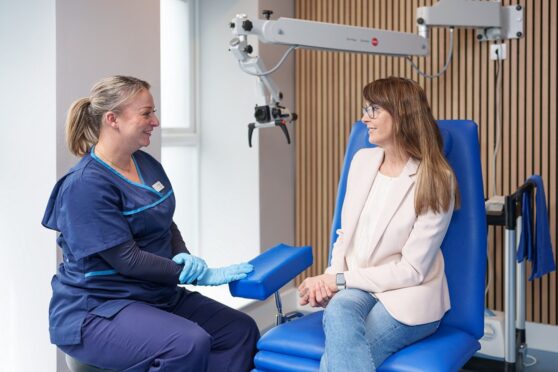
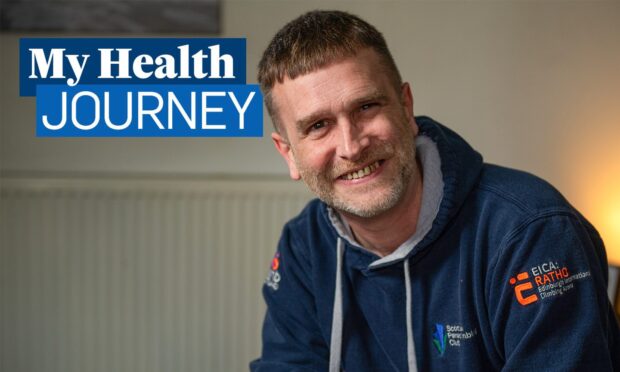


Conversation